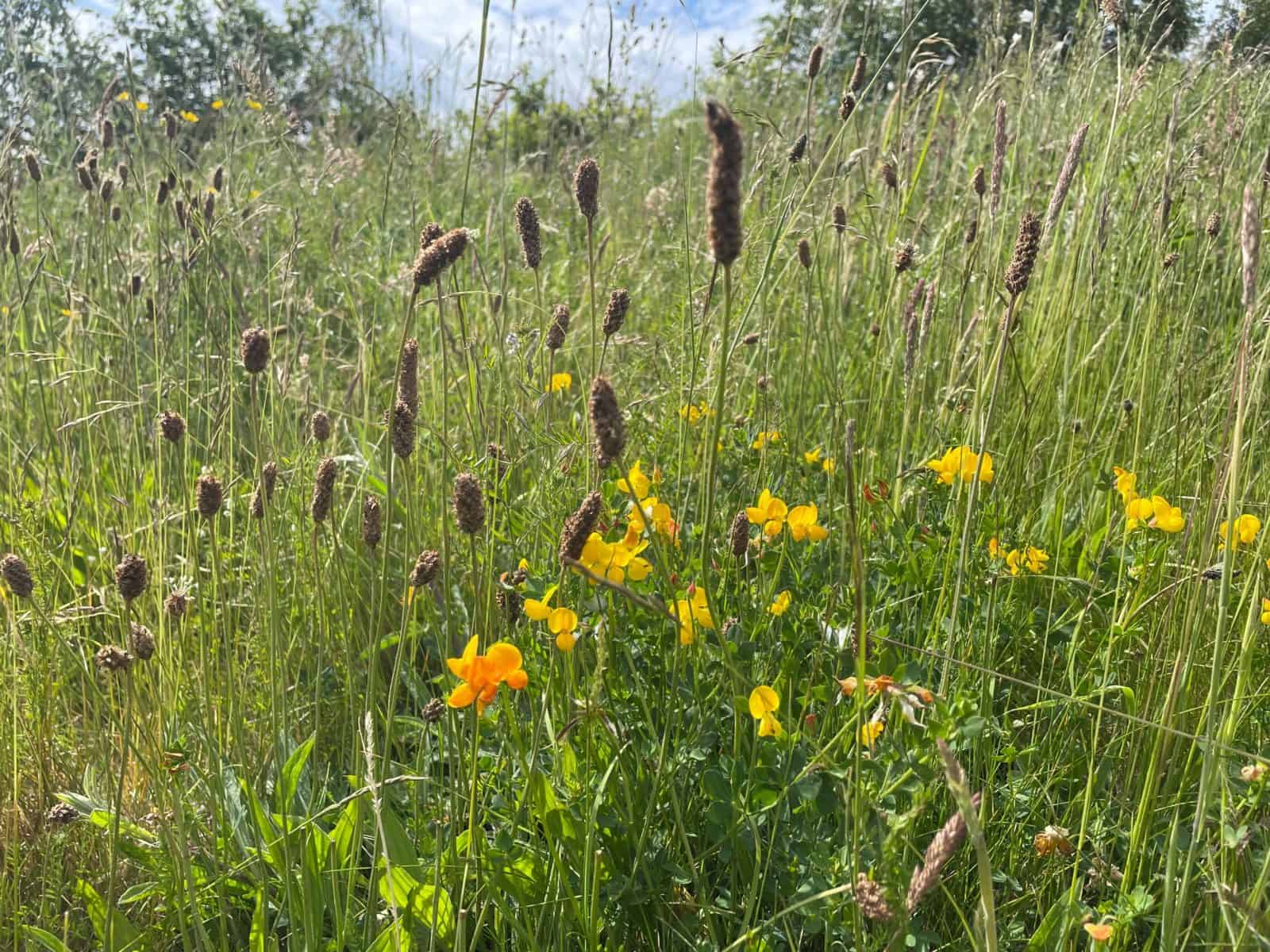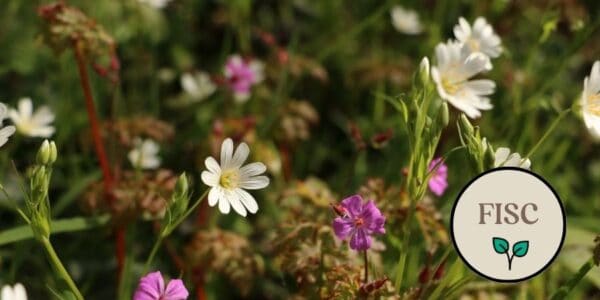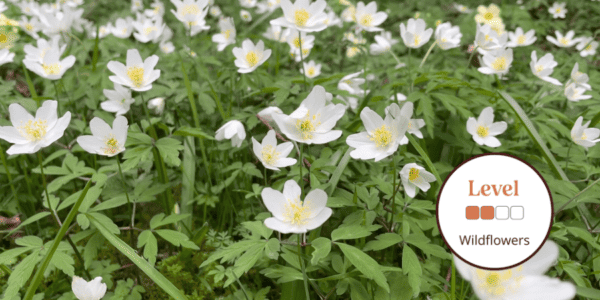This beginner course will help start your journey into identifying UK grass species. We will delve into the unique botanical characteristics of the grass family and use floristic and vegetative features to identify key common UK species.
This course will include:
- Exploring the botanical features and structures of grass and learning the terminology used to describe them.
- Learning how to use distinctive characteristics to differentiate between grasses, sedges, and rushes and to identify 10 key UK grass species.
- Practical experience identifying some of the most common grass species with an expert tutor.
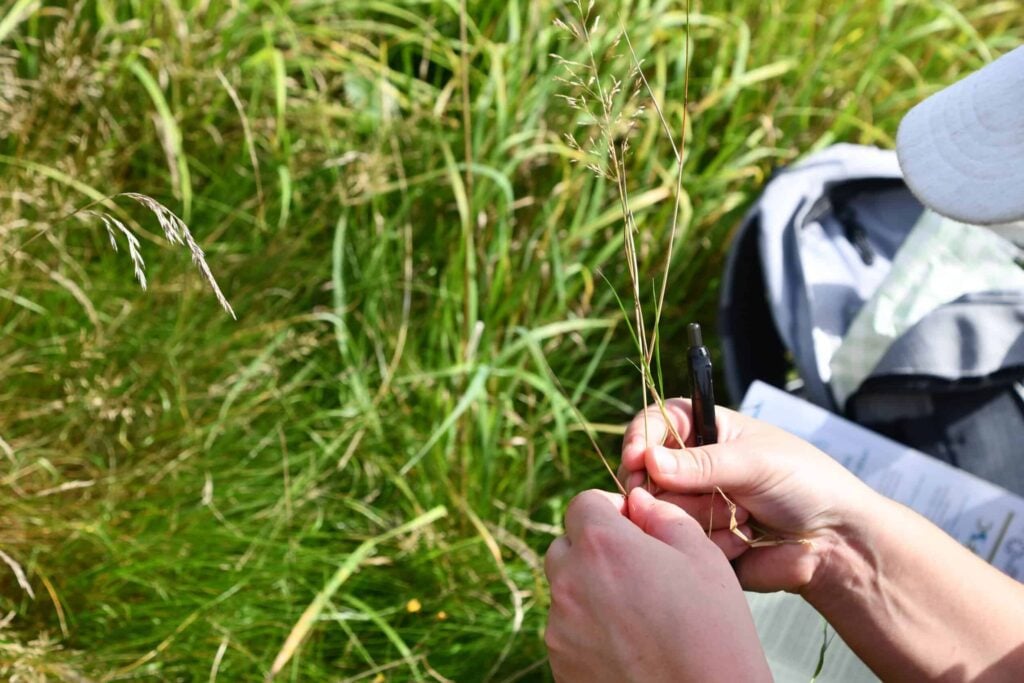
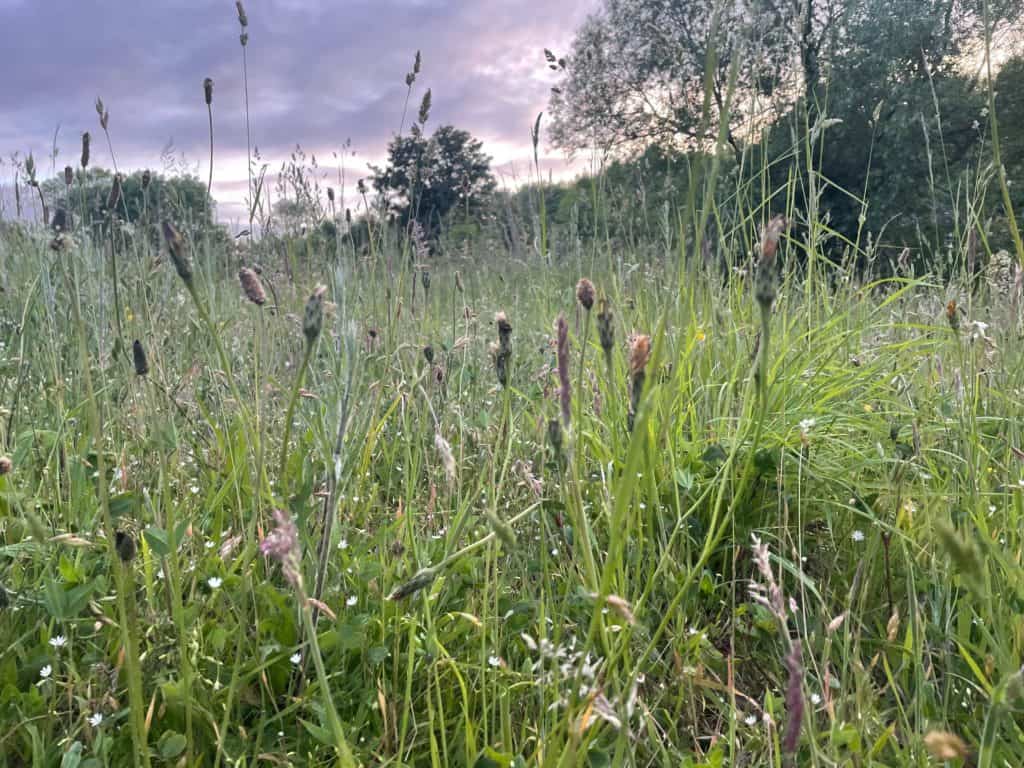
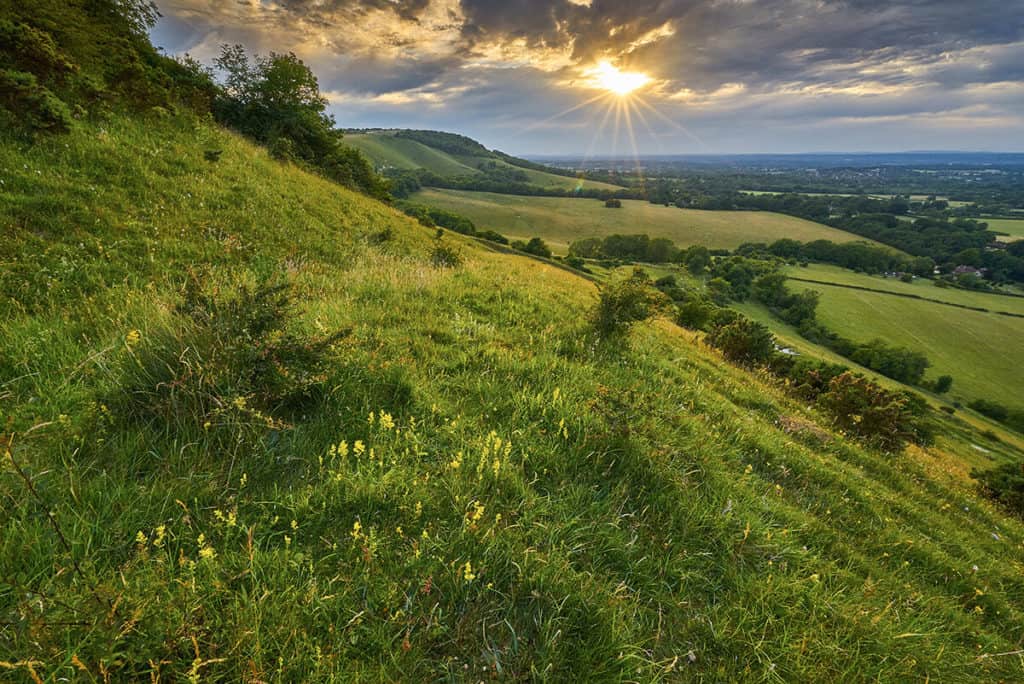
Read More
Within the grass family, the poaceae, there are roughly 10,000 grass species worldwide, and over 150 UK species. Grasses are incredibly important to humans- both economically and nutritionally.
Grasses can also tell us a lot about the habitats in which they are found. This makes the ability to correctly identify grasses essential for ecologists completing habitat surveys, such as UKHab and NVC. Getting to know grasses also opens up a new and exciting world for enthusiasts who want to expand their botanical knowledge.
By the end of the course, you will be able to:
- Recognise and identify key features of grasses that can help with identification.
- Identify 5-10 common species of grass.
- Understand what common grass species can tell us about the habitat in which they are found.
Who Should Attend? – Nature enthusiasts, students, rangers, early career consultants and ecologists. Ability to identify grasses is essential for completing habitat surveys such as UKHab.
Knowledge Level – Beginner. Level descriptors can be found on the following web-page: Framework and Course Level Descriptors
Prior Knowledge – No existing knowledge or experience is needed for this course, just a willingness to explore and learn. Some existing knowledge of general botany would be useful, but not essential.
PLEASE NOTE: There is no accommodation or meal facilities provided with this course. Refreshments (tea and coffee) will be available. If we are unable to reach viable numbers for this course, we will inform you of the course cancellation 4-5 weeks prior to the course run. We would recommend when purchasing accommodation and/or travel you should take out your own insurance.
Bookings will close if course capacity is reached.
Please email [email protected] if you have any questions.
About the Tutor
Julie Riley
Julie Riley MCIEEM is a Consultant Ecologist with 17 years’ experience of working in the environmental sector, specialising in botany and habitat surveying. Julie attended UKHab ‘train the trainer’ in 2020 and has extensive experience of working with and training on JNCC Phase 1 habitat surveying, UKHab surveying and Biodiversity Net Gain work. Julie holds a FISC Level 4 botanical certification and enjoys helping professionals, volunteers and members of the public to improve their plant identification skills.
Example Timetable
Timings for this course may vary, so please check the start and end times of the different course runs at the bottom of the page. Please arrive in time for the course to start promptly.
This course will involve both classroom learning and field excursions to cover all of the learning objectives.
Lunch is not included so please bring your own food. Refreshments (tea and coffee) will be provided.
What's Included
The course has been carefully created by expert tutors and educators to help you build your knowledge and apply it within the field surrounded by like-minded individuals.
The course includes:
- Classroom learning covering the theory of the topic
- Field excursions to apply new knowledge
- Expert tuition for which the Field Studies Council is renowned
- Clear objectives and progression
- Refreshments (tea/coffee)
You can rest assured that the absolute best content from an expert in environmental education will be provided. In choosing a Field Studies Council course, you will be joining thousands of people who learn with us each year.
Bursaries and Subsidies
Student Discount
This course is eligible for a student discount. If you are a current student, please use discount code BioStudent20 at checkout for 20% off all Biodiversity courses.
Natural History Bursaries
There are a number of natural history bursaries available to help with the cost of your course. To find out if you and your chosen course are eligible, read more here.
Before You Attend
What to Bring
- Notebook and pencil
- Lunch and refreshments
- Sensible footwear and clothing for being outdoors
- Small bag to carry personal items
- Your preferred wildflower guide that includes grasses (if you have one)
Recommended Literature
When you book this course, you will receive a discount code for the Field Studies Council recommended guides below.
If you want to take your learning further, you might also be interested in the Grasses AIDGAP, which gives vegetative characteristics of 90 most commonly found grass species.
There will be a member of staff with first aid training and access to a first aid kit on site. If you have special medical or access requirements, please let us know as soon as possible so we can plan the course.
Opportunities to attend this course
-
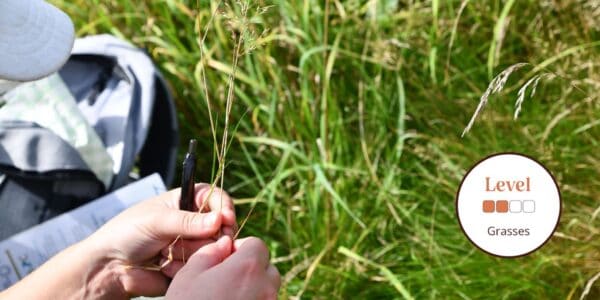
Sat 15, June 2024 10:00 - 17:00
The venue is unable to offer accommodation with this course, please book local accommodation if you require overnight stays and ensure you take out the appropriate insurance.
No current dates for this course? Click here to view all the upcoming Natural History courses.
Progress Your Learning
This is a training course from the Field Studies Council, delivered by expert tutors with an approachable learning style. After attending this course, you may like to progress your learning with further relevant courses or branch out into other areas of natural history. The Field Studies Council offers both online and in-person courses, so you can choose the learning style that suits you best.
The course gives you the opportunity to immerse yourself in a new subject and acquire novel skills. Our online portal gives you time to study at your own pace and fit the lessons around your own schedule.
If you have any questions about our courses, please check out our Frequently Asked Questions or email [email protected].
Group Bookings Made Easy
If you have a group of 10 or more individuals wanting to complete one of our courses, our team are available to discuss your options – from discounts to private team courses. Find out more!
You can rest assured that the absolute best content from an expert in environmental education will be at your fingertips. In choosing a Field Studies Council course, you will be joining thousands of people who learn with us each year.

